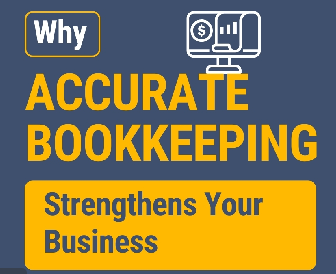
Congratulations! You’ve taken the exciting leap into entrepreneurship and are ready to turn your innovative idea into a thriving business. But before you dive headfirst into product development and marketing strategies, an important first step awaits: selecting an appropriate business structure.
This decision will have significant implications for your business, impacting everything from liability and taxes to fundraising and management. In this blog, we provide a breakdown of the most common business structures to help you make an informed choice.
1. Sole Proprietorship
- Structure:The most common and simplest structure, a sole proprietorship, is an extension of the owner. There’s no distinction between the owner and the business, who reports business income and losses on their personal tax return.
- Pros:Simple and low-priced to set up, minimal required paperwork, complete control of the business.
- Cons:Unlimited liability (owner’s personal assets are at risk for business debts), limited fundraising potential, difficulty attracting investors.

2. Partnership
- Structure:A business co-owned by two or more people who share profits as well as losses according to a predetermined agreement. There are two main types: general partnerships (all partners have unlimited liability) and limited partnerships (limited partners have limited liability to the extent of their investment).
- Pros:Shared decision-making, potential for increased funding, and expertise from multiple partners.
- Cons:Potential for disagreements and conflicts among partners, complex profit-sharing structures, unlimited liability for general partners.
3. Limited Liability Company (LLC)
- Structure:A hybrid structure that offers limited protection from liabilities for owners (also called members) while providing flexibility in taxation and management. Profits and losses are recorded in members’ personal tax returns.
- Pros:Limited liability protection, flexibility in management structure (member-managed or manager-managed), pass-through taxation.
- Cons:More complex setup process compared to sole proprietorships, potential for filing fees and annual reports.
4. Corporation
- Structure:A legal entity separate from its owners (called the shareholders). Offers the most protection from personal liability but comes with increased regulations and formalities. Corporations pay income tax on their profits, and shareholders pay taxes on dividends they receive.
- Pros:Limited liability protection, ability to gather capital through stock issuance, potential for attracting and retaining talent with stock options.
- Cons:Most expensive and complex structure to set up and maintain, double taxation (corporate and shareholder), increased regulatory compliance.
Choosing the Correct Business Structure
The optimal structure for your business depends on various factors like your risk tolerance, funding needs, ownership goals, and future growth plans. Consider consulting with a reliable CPA in the Bay Area, like Nidhi Jain CPA, who can analyze your specific situation and recommend the most suitable structure for tax efficiency and long-term success.
Nidhi Jain CPA offers comprehensive services beyond just tax planning and business tax filing in the Bay Area. She provides expert guidance on business incorporation, accounting, bookkeeping, and other services tailored to the needs of startups and established businesses in the Bay Area.
Contact Nidhi Jain CPA today for a consultation and take the first step towards a thriving entrepreneurial journey!



